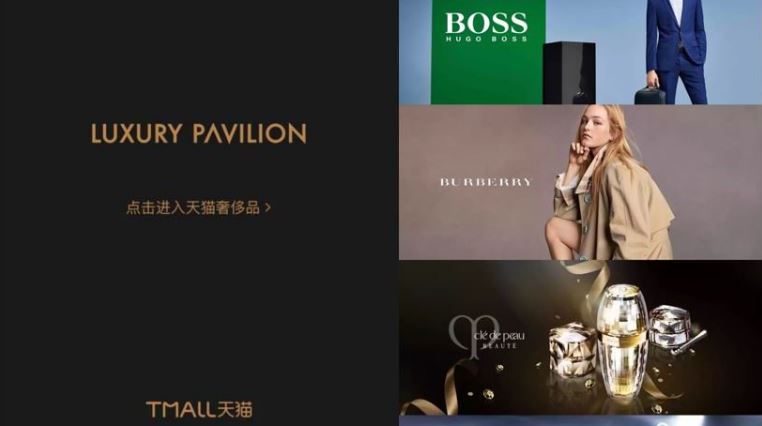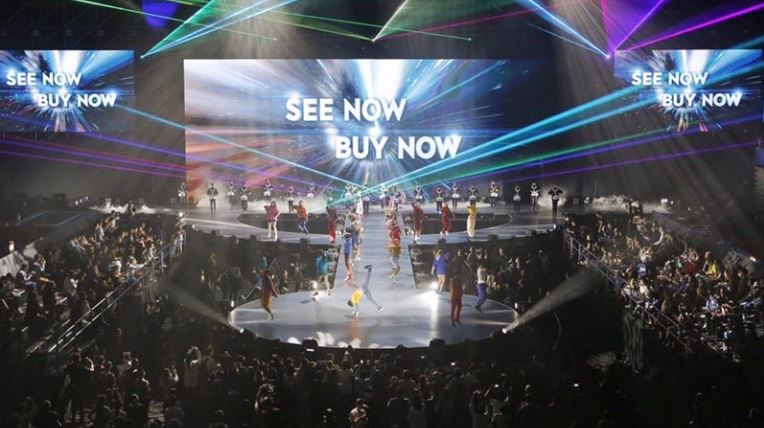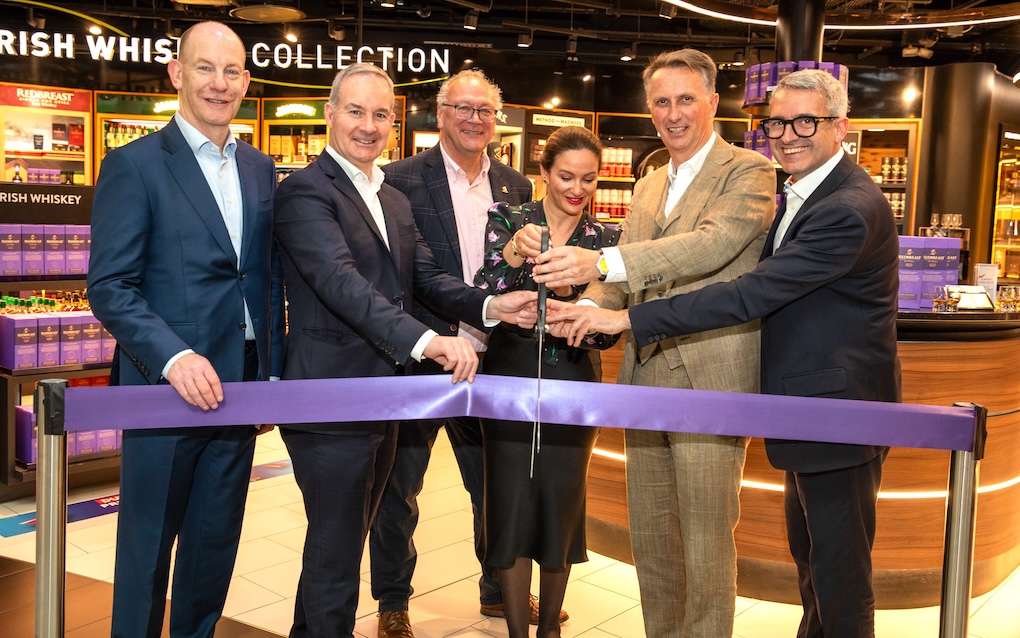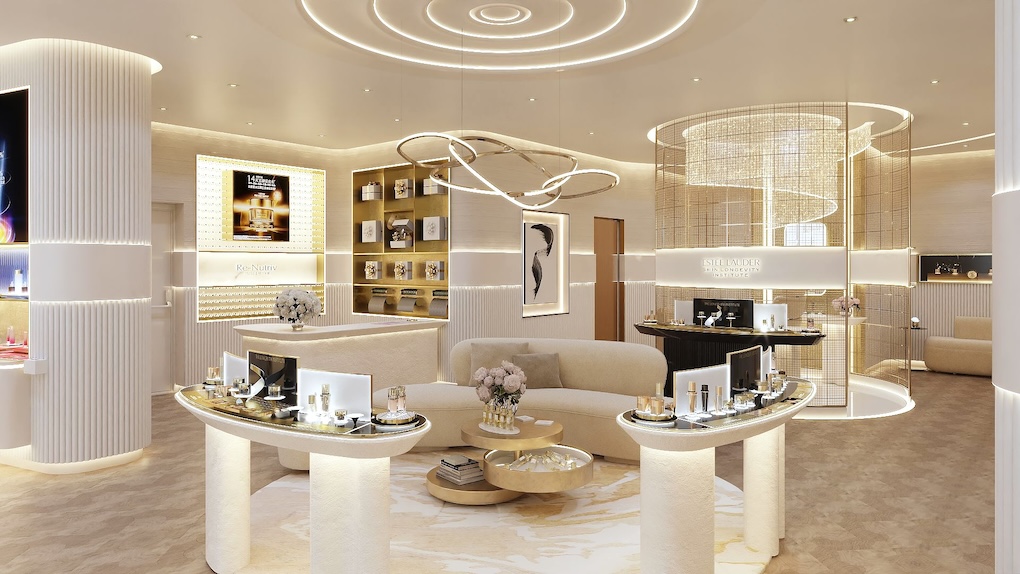CHINA. Chinese e-commerce company Alibaba Group has launched a dedicated section for luxury brands on its business-to-consumer site Tmall.
The Luxury Pavilion features only selected brands and aims to bring the exclusivity and tailored shopping experience that consumers would get in a brick-and-mortar store to the world of e-commerce.
The invite-only platform has also been launched in response to an increasing trend for Chinese to buy luxury goods at home rather than traveling abroad – with many of these purchases made online. Consultancy KPMG has predicted that 50% of luxury brand sales in China will be made online by 2020.

Brands such as Burberry, Hugo Boss, La Mer, Maserati, Guerlain and Zenith will initially feature in the Luxury Pavillion. [It should be noted that these brands already have flagship stores on Tmall].
Many luxury brands had previously been wary of launching on Tmall due to the problem of counterfeit sellers, and the fact that it is primarily a mass-market platform. The launch of a dedicated luxury hub distances the brands from non-luxury brands and counterfeiters however.
To ensure exclusivity, only selected consumers who are deemed likely to make a purchase due to their buying history or membership of Tmall’s APASS scheme (which is targeted at Chinese luxury consumers) will be able to access the Luxury Pavillion.
The unveiling of the Luxury Pavilion is the first of a multi-phase launch that will eventually offer a complete suite of marketing and omnichannel solutions, Alibaba said.
The new pavilion is part of a larger ‘New Retail’ push by Alibaba that has so far included initiatives such as the ‘See Now, Buy Now’ fashion show – where customers could livestream a fashion show and immediately pre-order any items they liked the look of (pictured below).

Alibaba said it was aiming to leverage the best elements of online and offline commerce, from consumer engagement to smart logistics, to deliver a seamless shopping experience to consumers. Critically, it is also aiming to capture the attention of younger consumers.
“Luxury brands increasingly want to use new retail technology and consumer insights to connect with younger consumers, as well as drive business-model innovation,” said Liu Xiuyun, the head of Tmall’s fashion unit.
The Luxury Pavilion is intended to be a “comprehensive, tailored platform” within Tmall and Taobao Marketplace, allowing brands to deliver experiences and services typically reserved for shoppers offline. Those shoppers will enjoy personalised homepages, customised brand pages, product recommendations and exclusive VIP awards.
Additionally, brands will be able to make use of virtual reality and augmented reality, as well as omnichannel solutions, to enhance their offer.
NOTE: The Moodie Davitt Report has entered into a key partnership with pioneering Chinese online luxury reservation and product display platform YAOK.
YAOK is an E-service system for international retailers serving the Chinese high-end traveller. It provides a platform for retailers, including travel retailers, to display luxury products and for customers to book appointments and reserve products in advance of their travel and/or store visit.
It will tap into one of the world’s most influential databases of high net worth individuals (HNWIs). Retailers pay YAOK a small percentage commission on any sales specifically generated by the platform.












